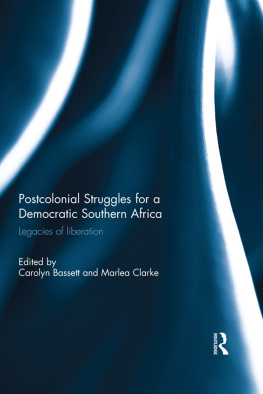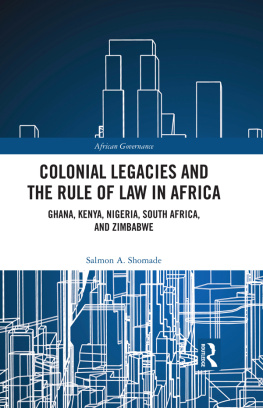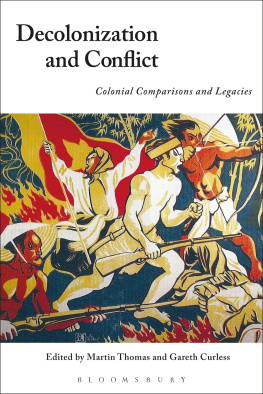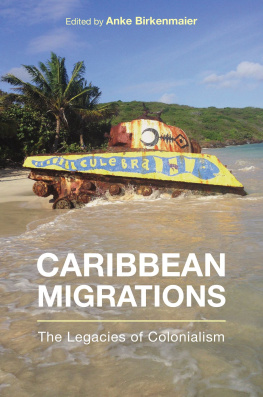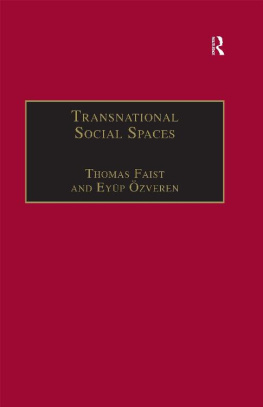Critical Studies in Italian America
Nancy C. Carnevale and Laura E. Ruberto, series editors
This series publishes works on the history and culture of Italian Americans by emerging as well as established scholars in fields such as anthropology, cultural studies, folklore, history, and media studies. While focusing on the United States, it also includes comparative studies with other areas of the Italian diaspora. The books in this series engage with broader questions of identity pertinent to the fields of ethnic studies, gender studies, and migration studies, among others.
Series Board
Simone Cinotto
Thomas J. Ferraro
Donna Gabaccia
Edvige Giunta
Joseph Sciorra
Pasquale Verdicchio
Copyright 2017 Fordham University Press
All rights reserved. No part of this publication may be reproduced, stored in a retrieval system, or transmitted in any form or by any meanselectronic, mechanical, photocopy, recording, or any otherexcept for brief quotations in printed reviews, without the prior permission of the publisher.
Fordham University Press has no responsibility for the persistence or accuracy of URLs for external or third-party Internet websites referred to in this publication and does not guarantee that any content on such websites is, or will remain, accurate or appropriate.
Fordham University Press also publishes its books in a variety of electronic formats. Some content that appears in print may not be available in electronic books.
Visit us online at www.fordhampress.com.
Library of Congress Cataloging-in-Publication Data
Names: Fiore, Teresa, author.
Title: Pre-occupied spaces : remapping Italys transnational migrations and colonial legacies / Teresa Fiore.
Description: New York, NY : Fordham University Press, 2017. | Series: Critical studies in Italian America | Includes bibliographical references and index.
Identifiers: LCCN 2016050796| ISBN 9780823274321 (hardback) | ISBN 9780823274338 (paper)
Subjects: LCSH: ItalyEmigration and immigration. | ItalyColonies. | Transnationalism. | BISAC: SOCIAL SCIENCE / Emigration & Immigration. | LITERARY CRITICISM / European / Italian. | HISTORY / Europe / Italy.
Classification: LCC JV8132 .F55 2017 | DDC 304.8/45dc23
LC record available at https://lccn.loc.gov/2016050796
Printed in the United States of America
19 18 17 5 4 3 2 1
First edition
This book was born more than a decade ago, when issues of migration concerned me at a scholarly and personal level in inextricable ways. As I navigated my way through work and study visas as an Italian legal alien, to use the official language of the immigration service bureaus, and eventually the green card and U.S. citizenship process, my personal concern diminished while the scholarly, and hence cultural and political, concerns have remained high. In fact, these issues have only become increasingly more relevant (and alas, tragic) globally, and my interest in reading them simultaneously in terms of space and time has, if anything, gained in meaning and scope.
In its final form, the book reflects a thematic organization and a sectional division that I had envisioned from the start. Yet, over this arc of time, many specific aspects have changed, and I found myself updating and adding to the project as over time new texts became available for analysis and inclusion and I felt compelled or inspired to embrace them. Given the long period over which this manuscript was composed, it was perhaps inevitable that several other articles and book chapters would take me temporarily away from it: In the process I could only joke at the fact that the book itself had come to embody a source of preoccupation. Fortunately, the decision by Fordham University Press to publish the book allowed me to end that preoccupation. Writing a book is a form of migration, and for the time being the journey related to this book of mine is over.
This extended and multifaceted project has been possible thanks to the patience and encouragement of a special group of people who have supported my efforts despite the complications born out of many relocations on my part for both work and family reasons. Since I started writing this book, I have changed my address roughly fifteen times and lived in two countries (Italy and the United States) and three states within the United States (California, Massachusetts, and New York), while regularly traveling to four continents (Europe, Asia, North America, and now South America). While usually ones partner is thanked at the end of the acknowledgments, I would be remiss in relegating my life companion Sharad Chaudhary to the bottom of the list. More than anybody else he has read, edited, and provided critical commentary on this book and the complex and fascinating world it explores. There are no words to express a deeply felt grazie to him for coexisting for such a long time with a project that spoke so much to our trajectories as migrants, and that enriched our fruitful conversations about belonging, and especially linguistic belonging. Laura Ruberto has known about my research project since we were PhD students at the University of California San Diego in the early 2000s; as fate would have it she became the coeditor of the Critical Studies in Italian America series at Fordham University Press. I am grateful to her for unfailingly reminding me about the importance of bringing a project to a close at a manageable pace, while also inspiring me to consider new sources and new approaches year after year. Her coeditor, Nancy Carnevale, has repeatedly rekindled my interest in the project, while Fred Nachbaur and William Cerbone, respectively director and editorial associate at Fordham University Press, have provided professional guidance with a warm and professional approach. My thanks also go to the copy editor, Gregory McNamee, and, in particular, to the Presss managing editor, Eric Newman, who shepherded the project to completion.
The project stems from years of reading, writing, and discussing works on the subject in the Department of Literature at the University of California San Diego, where professors such as Stephanie Jed, Winifred Woodhull, and George Lipsitz exposed me to theories that profoundly shaped my views of the subject. It is to Pasquale Verdicchio that I owe the early formation of an interconnected way of looking at the subject of migration and nationhood, as well as the cross-pollination of creative work and criticism. And it is to William Boelhower, former Professor at the University of Trieste, Italy, that I owe my very first and yet long-lasting theoretical understanding of the relationships between history, culture, and space, and more specifically textual space. Since my graduate-school days, Clarissa Cl has been involved in this fascinating laboratory of reflections about Italy within a transnational perspective: I feel fortunate that she has continued to be part of intense exchanges about Italy (and its captivating contents and unnerving discontents).
Like any project of this duration, the book has grown thanks to the input, direct and indirect alike, of many colleagues and students where I have worked: My academic migrations from California State University Long Beach to Harvard, Rutgers, NYU, and Montclair State University have been too numerous to acknowledge them individually. Some of these institutions have provided precious support for the advancement of the project: from the De Bosis Fellowship at Harvard to the CEMS (Center for European and Mediterranean Studies) Fellowship at NYU; various intramural funds in Long Beach; release time at Montclair State University; and a Rockefeller Foundation grant for an early stay in Bellagio, Italy.




